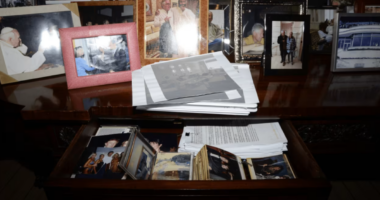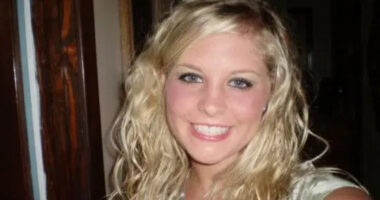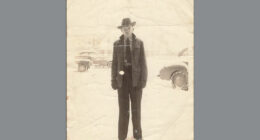Share this @internewscast.com
The Mall of America in Minnesota is more than just a retail destination; it’s a major tourist attraction as the largest shopping center in the Western Hemisphere.
This iconic mall sits on the historic grounds of the former Metropolitan Stadium, where the Minnesota Vikings and Twins once played. Within the mall’s amusement park, a particular seat commemorates the exact location where Harmon Killebrew’s 520th MLB home run landed, adding a touch of nostalgia and sports history to the shopping experience.
With its sprawling four floors, the Mall of America draws both locals eager to shop and tourists awed by its immense size.
On a brisk April morning, amidst lingering snow, Kari Hoffmann arrived at the mall with her 5-year-old son Landen, a friend, and the friend’s son Will. They got there early, before the shops opened, and stood outside the Rainforest Cafe on the third floor. The boys amused themselves by climbing on a faux rock as they waited.
A man, whom Kari initially assumed to be a mall employee, approached them. He asked politely if the boys were allowed on the rock and reassured the mothers by saying, “You can be here.” Then, he leaned down and whispered something to Will.
It later emerged that the man had chillingly threatened, “If you don’t get off this rock, I’m going to throw you off.”
As the boys nervously giggle, the man reaches around Will, grabs Landen, and throws the 5-year-old over the third-floor railing. Frozen for a moment, Kari Hoffmann screams as her boy is falling more than three stories to the ground; the shaken mother runs down the escalator to her broken little boy, telling onlookers to pray as she runs.
Falling 40 feet to the ground, Landen Hoffmann breaks his skull, facial bones, both arms, and a leg, as well as suffers a life-threatening injury to his vena cavae vein running to his heart. Two nurses who work in a cardiac unit happen to be near when this horrific event happens and perform CPR on Landen.
He is taken to the Minneapolis Children’s Hospital, where he is immediately rushed into lifesaving surgery, and from there he is placed in the intensive care unit, doctors unsure if he will survive the trauma.
While stunned onlookers are encouraged by Kari Hoffmann to pray for her son, back up on the third floor, a 68-year-old man tackles the suspect as he runs away, slowing the man down enough so even though he jumped on the railway, cops are able to arrest the man.
This terror is caused by 24-year-old Emmanuel Aranda, a man known to the mall with a history of arrests for trespassing, cited for throwing items at mall patrons from the top floor of the mall.
Weeks later, he returns to the mall, this time harassing two women and throwing things in a mall restaurant.
Joining Nancy Grace today:
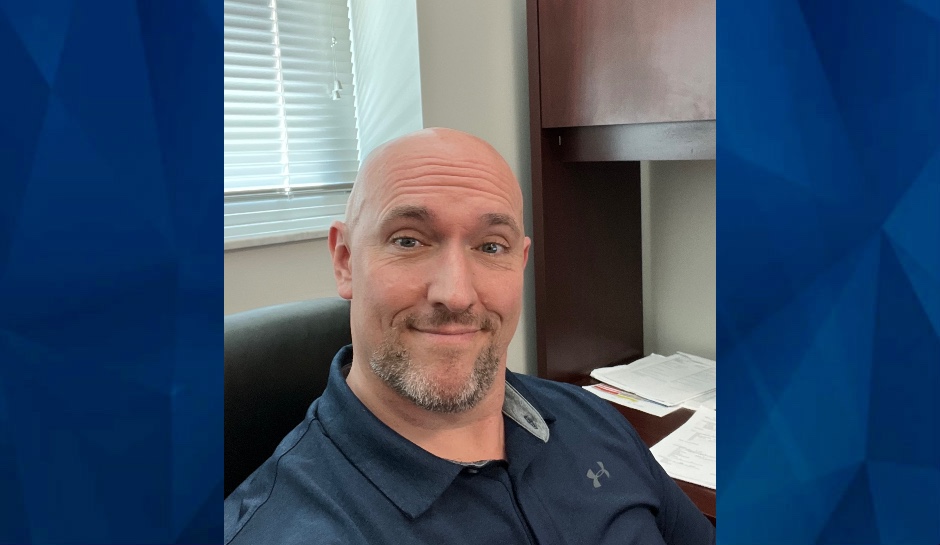
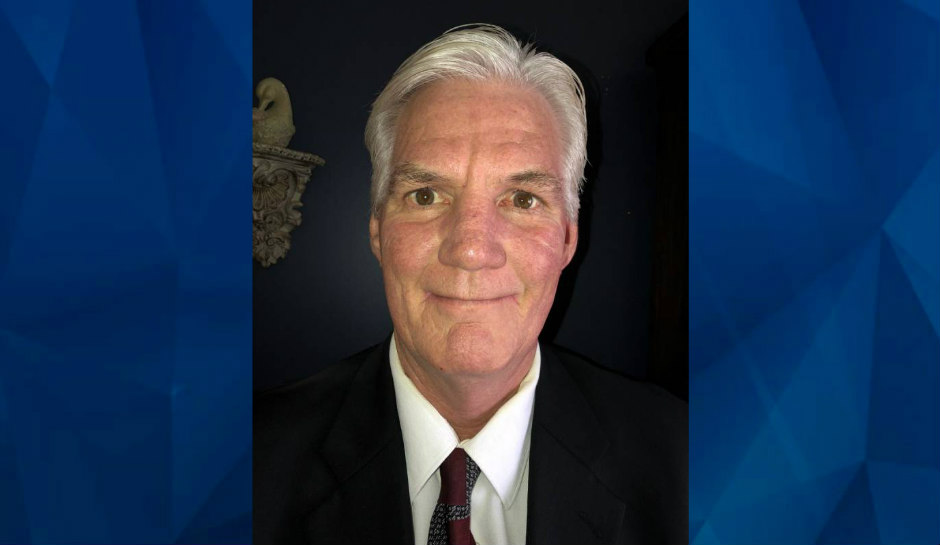
Additional Guest
- Kari Hoffmann – Landen’s Mother, Author of “Miracle at The Mall
“Crime Stories with Nancy Grace” on Fox Nation is also a national radio show on SiriusXM channel 111, airing for two hours daily starting at 12 p.m. EST. You can also subscribe and download the daily podcasts at iHeart Podcasts.
[Feature Photo via NJSP]







